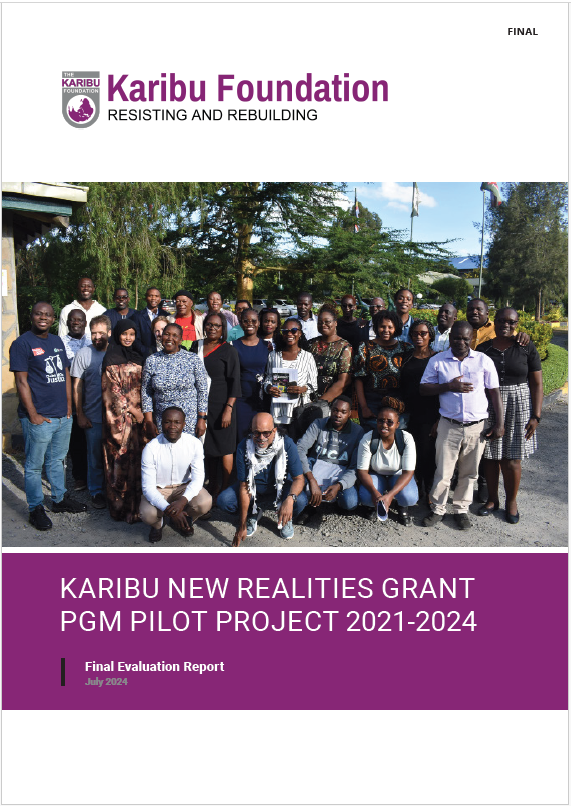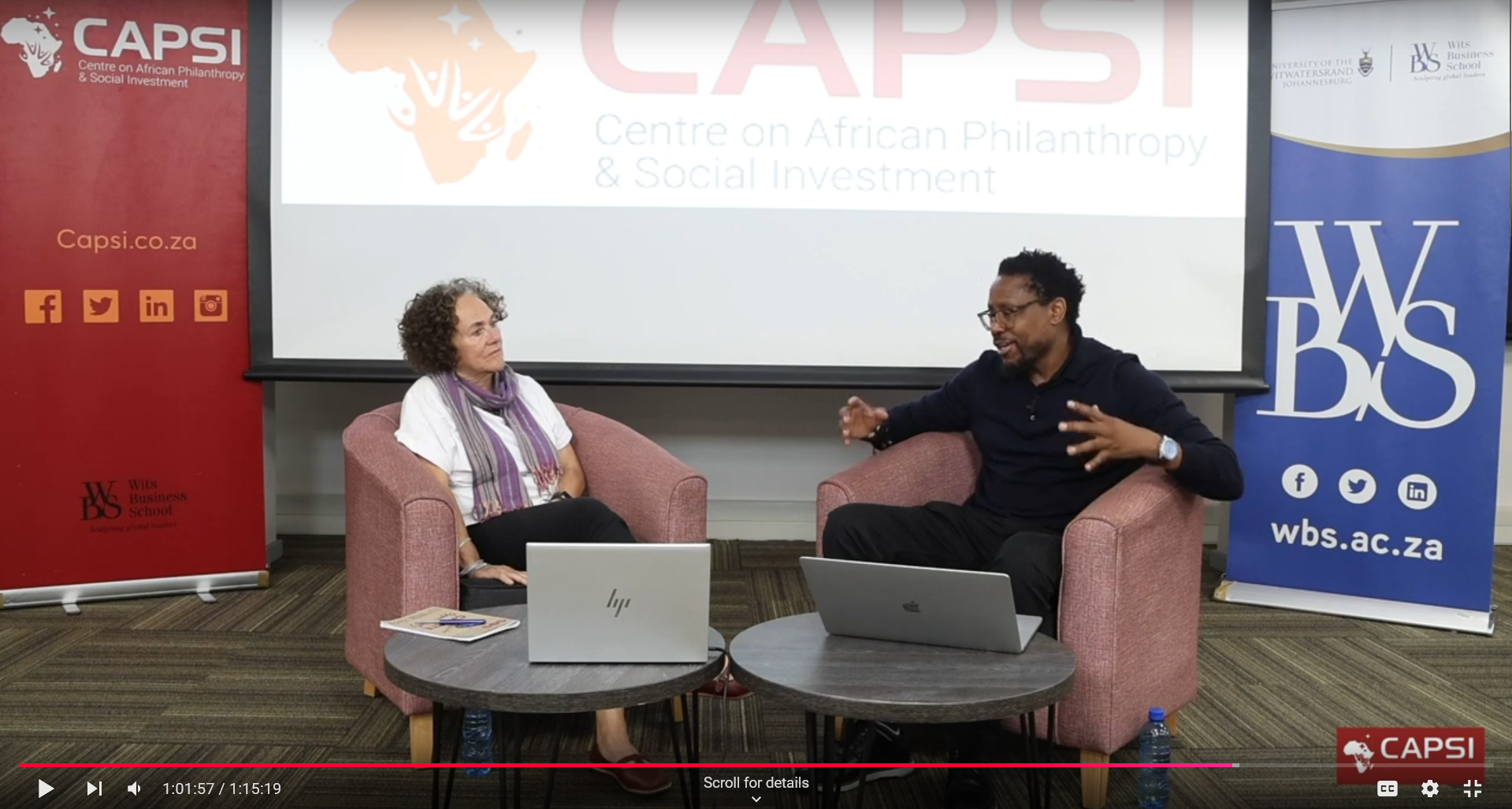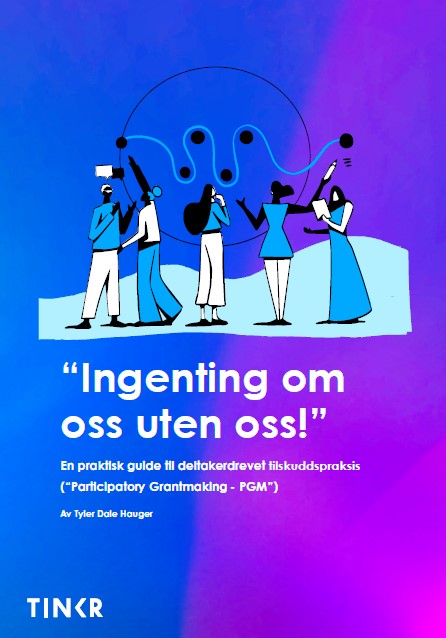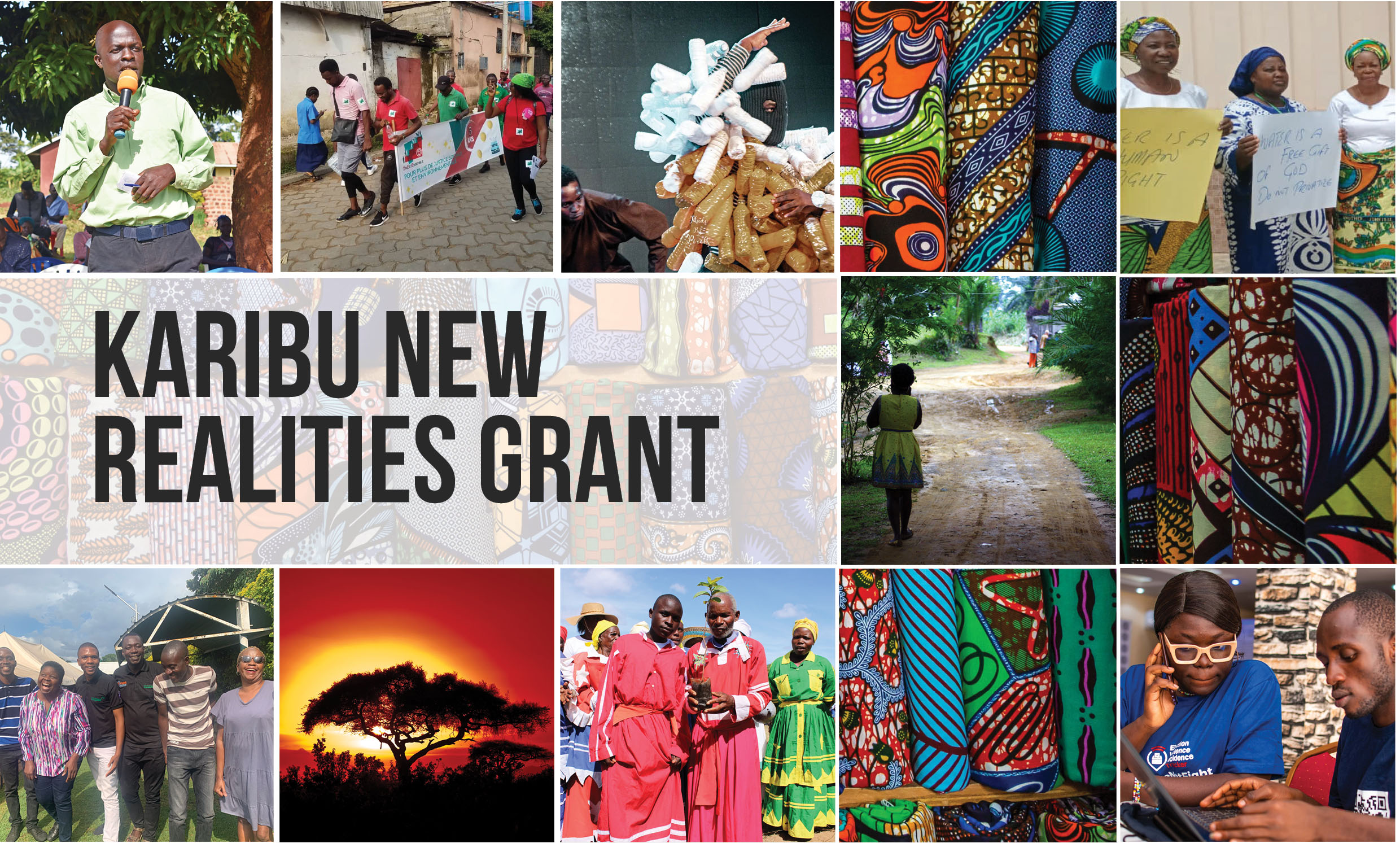The Karibu New Realities Grant was a 2.5-year pilot project in participatory grantmaking, where African activists and civil society members co-designed and led the decision-making process. It embodied the principle of ‘nothing about us without us’ and marked a significant step in shifting power within Karibu’s grantmaking approach.
It served the basis for the establishment of Karibu’s permanent Africa Grant program, launched in 2025.
This website and evaluation report capture the key learnings, challenges, and successes from the process and project, offering a reflection on the journey of moving power to African movements and civil society groups.
Contents and Toolbox
Why it Matters
The KNRG wasn’t just about funding; it was about transforming who held the power. Read more about the background of the pilot, and how it aimed to continue aligning Karibu’s grantmaking programs with its mission and values of lifting voices from the Global South.
The Journey to Shift Power
The African ‘Core Group’ crafted the grantmaking program from the ground up, deeply rooted in the needs of social change movements across the continent. Read directly from them early on in their journey, and learn how they set this transformative process in motion!
How It Works: The KNRG in Action
While there is no one-size-fits-all models for moving power in grantmaking, the KNRG provides one prototype. Discover how the KNRG was built, explore its internal mechanisms, and learn about the structures the ‘Core Group’ co-created to channel funds into bold, forward-thinking initiatives across the African continent—in this interactive presentation.
Challenges & Lessons Learned
Shifting power isn’t easy — but it’s necessary. Read more about our lessons learned, how we pushed through obstacles, and lessons we hope to take forward, and what you can take forward.
Please see the first pages in our evaluation report for more info!
Perspectives from the Process
Dive in further – listen to stories from the process! The “Core Group” and Karibu speak in the podcast “Conversations on African Philanthropy”.
And read from the “Core Group” in Alliance Magazine.
Resources for Donors
Ready to take steps to moving power, and are wondering how?
1. Check out the global PGM “Community of Practice“.
2. Download and use the Norwegian guide to Participatory Grantmaking (Download here!).
3. Contact us, or learn more from others trying to do the same.
The Way Ahead
Karibu is actively striving to integrate the insights from the KNRG process into our core structures.
Our permanent Africa Grantmaking program is built on this structure and model, and many of the application elements from this process have inspired our Asia, Latin-America, Middle East, and Global Grants.
Karibu’s director writes in Transit Magazine (in Norwegian) about some of the steps ahead.




